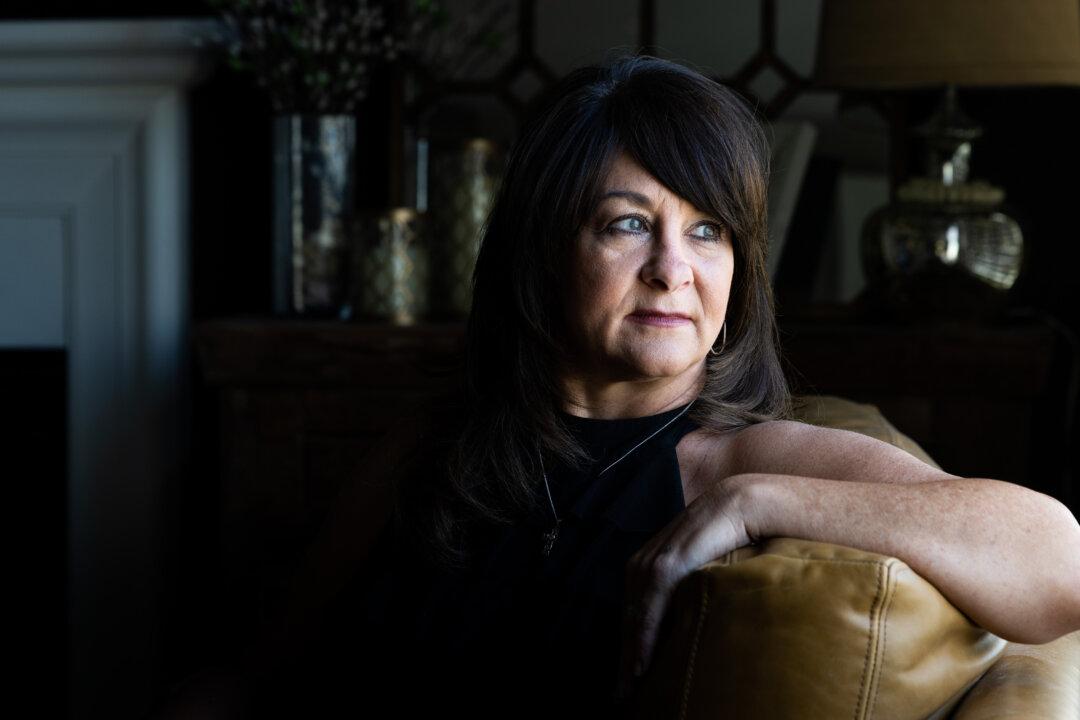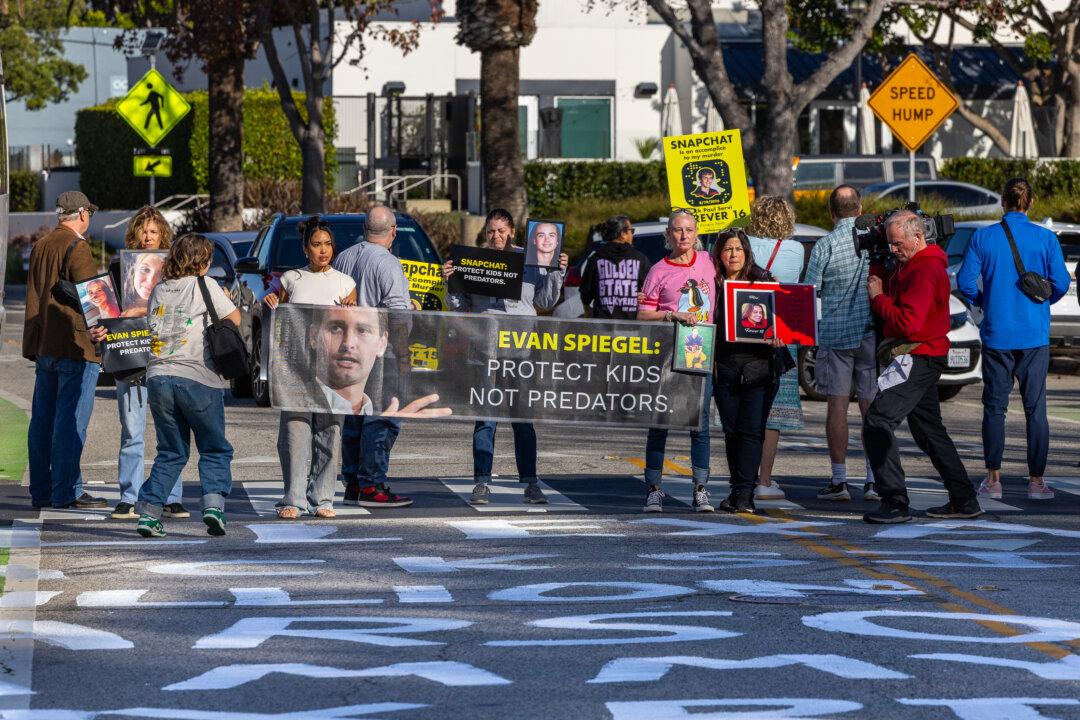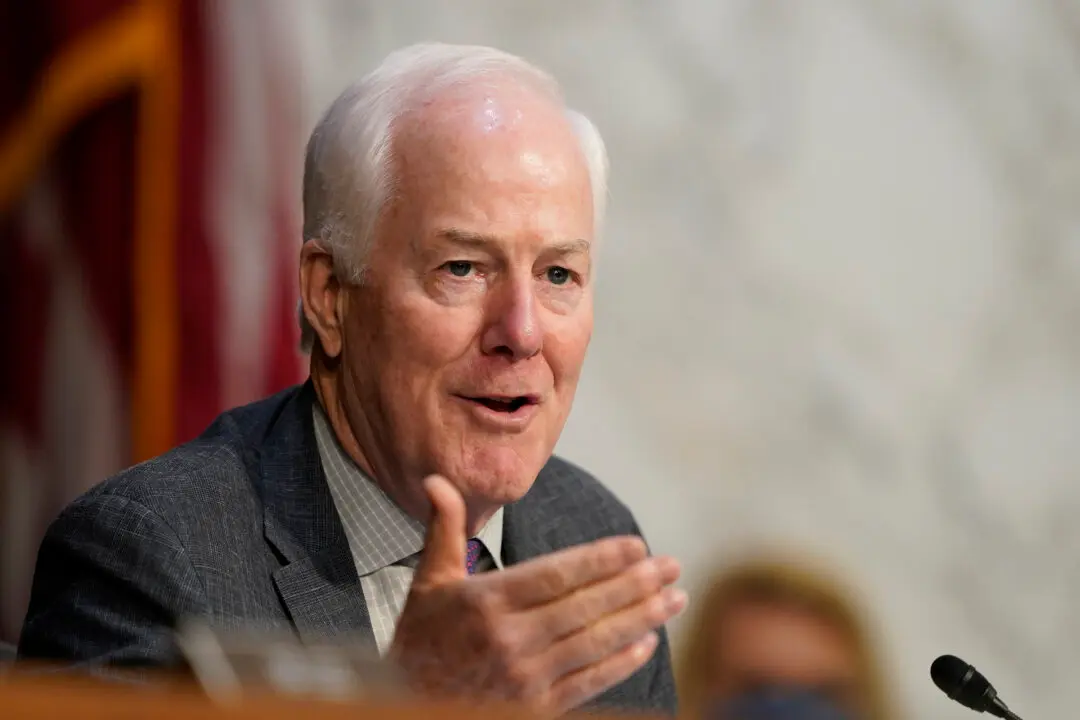Although she was about to publicly reveal a nightmarish personal experience—and the worst mistake of her life—Charlene Carter strode confidently into a stately federal courtroom in Dallas.
She knew her testimony would prove pivotal in her five-year quest to be reinstated as a Southwest Airlines flight attendant. But she also believed she was carrying the torch for freedom of speech, employee rights, and right versus wrong.





